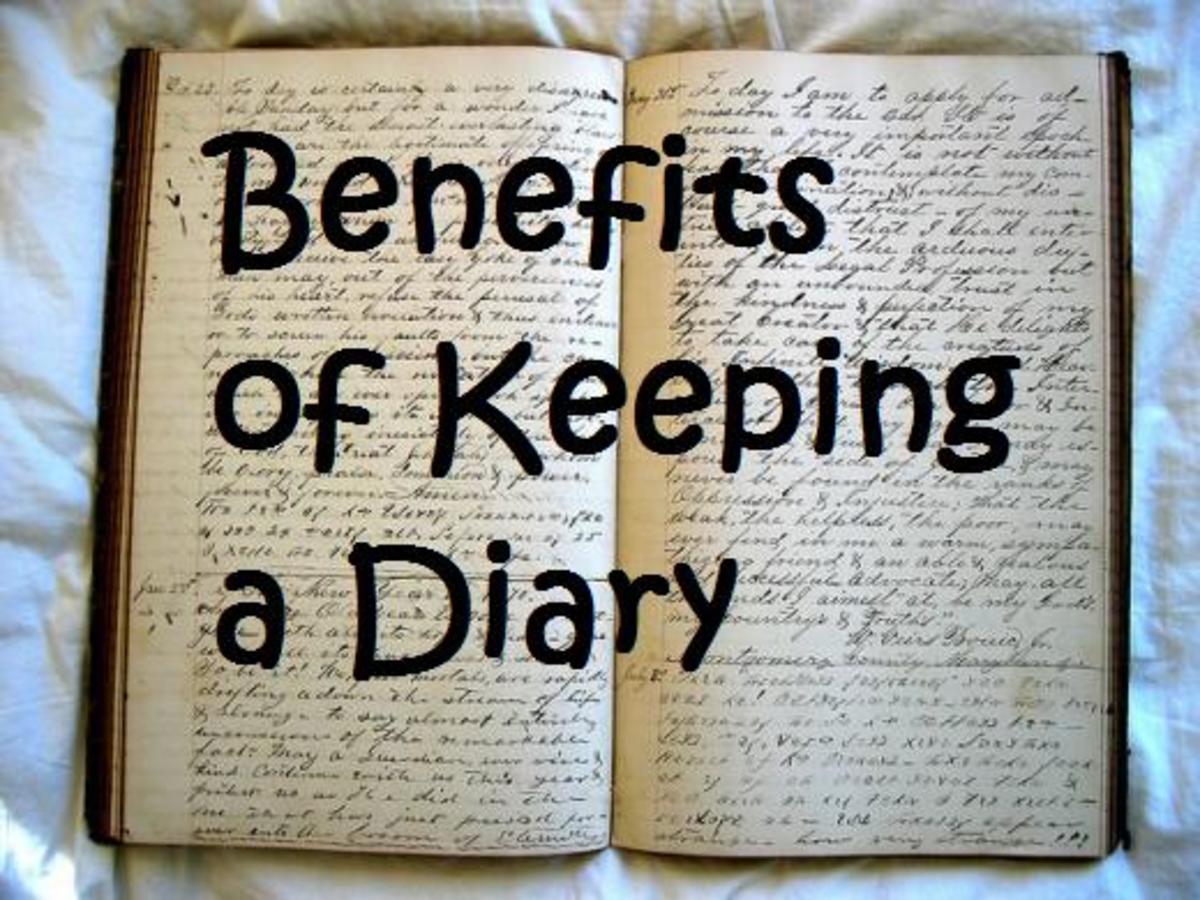Keeping a Journal as a Writer

Aside from helping cope with emotional issues and examining yourself, a journal can be extremely beneficial to a writer in both fiction and nonfiction for several different reasons. Writing down thoughts and self-examinations can be helpful in not only understanding yourself, but also in relating your own personal experiences into fiction if you're primarily a fiction writer.
I haven't kept a journal since I was ten years old until this year, when it was required for my first Fiction class. We didn't necessarily have to write down the most personal information to read aloud in class, but we were advised to write in it constantly. Because of this, I began to write in a separate, private journal throughout the year as regularly as possible. I found that it not only helped monitor my emotional shifts throughout the year, but also to help me keep track of my prose. In writing about my own real experiences, it helped me to recall more difficult experiences to remember otherwise. Through this, my fiction began to benefit in its realism when I found that some experiences I'd had throughout the year were sometimes even more bizarre than fiction, or sounded like it.
In fiction, if you are more of a realist writer, a journal can help you to develop themes that relate to you in your fiction, something I've experienced. Jotting all your experiences down can also help you to realize and understand more about who you are and because of this to understand your literary voice. Any drug or alcohol experience written down can help you to keep track of your mental state before and after those experiences as well, and it's often interesting to see how the seasons seem to have affected me most throughout the year.
You can almost consider a journal to be a confidential psychologist, one who doesn't talk but listens. It gives you an outlet for your aggressions and in turn can help you control your emotions more effectively. A journal can even help you realize faults in your perception or personal perfections.
Themes throughout your life can even be pulled from a journal, certain clusters of experiences categorized and made sense of through similarities and contrasts. I've found this to be the case when writing my life's experiences for my summer course so far. In keeping a journal I find that the past can and does in fact shape who we are in so many ways, and then these learned facts about ourselves can be attributes to our fictional experiences and even help us to realize ourselves. So many negative instances have built up in my life, but by finding these out and reexamining them I am able to look back on them and even keep a humorous outlook on certain aspects of my past as I get older. This humor is increasingly visible in my fiction.
Dreams are often great things to write about, though I'll admit I've been lacking in keeping track of them outside of mental notes. Franz Kafka, among many other writers, kept track of his dreams to the point where they helped shape much of the content of his fiction, including his short story “The Metamorphosis”.
Not only do journals help with catharsis and fiction, but they also can assist in the technical aspects of writing, especially when handwritten. For me, when I write longhand, even if I find it more tedious and unpleasant than typing like I normally do, it's a good exercise to see how I write naturally when I can't edit so easily. My voice on the written page tends to be a bit less elegant because it's so rough and uneasy to edit, but it can benefit from practice. And a journal should be more about getting yourself out rather than the way you write it.
Mixing fictional instances and taking notes are excellent uses for journals. My fictional characters are as real of elements in the notes I take on them as my own entries from my life. For instance, the new novel I'm working on has been more stable because I've been keeping track of the dates and times of day each chapter takes place as I write it, making sure the sequence of events is realistic and this assists in its continuity as well.
In a way, a journal can serve as a fiction writer's second thoughts on many of his or her projects, as it can with mine. It helps differentiate between my fictional and personal voice as well, when I write in first person, so I don't mix them up as easily. I can keep these identities separate. I'd say a journal is nearly a must for every writer, and while some of them may not be cheap (I bought one of mine at Barnes & Noble for twenty bucks) they certainly enhance the writing experience.








